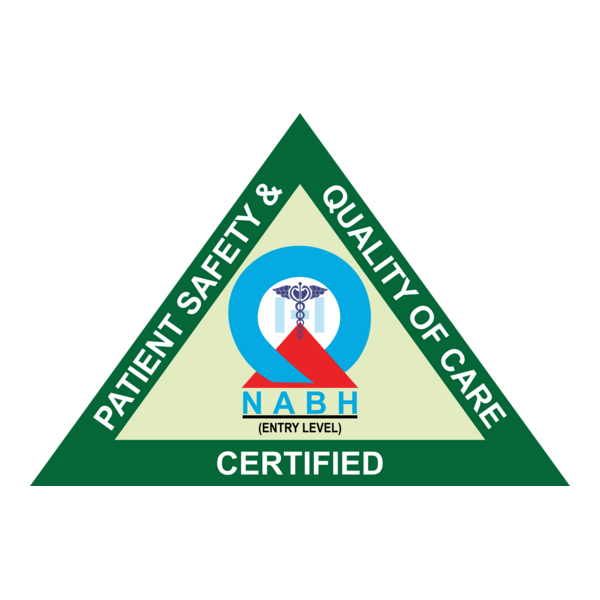Snoring Disorder Care
Definition
Snoring disorder care involves diagnosing and managing habitual snoring and related sleep-disordered breathing. Treatment improves airflow during sleep, reduces disruptions, and enhances overall sleep quality.
Purpose of Snoring Disorder Care
To reduce or eliminate snoring during sleep
To improve breathing and oxygen flow at night
To prevent complications like sleep apnea or daytime fatigue
To enhance sleep quality and overall health
Types and Methods of Care
Lifestyle & Behavioral Measures
Weight management, sleep position adjustment, and avoiding alcohol or sedatives
Establishing healthy sleep habits
Medical Management
Nasal sprays or oral appliances to improve airflow
Continuous Positive Airway Pressure (CPAP) therapy for associated sleep apnea
Surgical Intervention
Uvulopalatopharyngoplasty (UPPP) or laser-assisted procedures to remove tissue obstruction
Corrective surgery for nasal or structural airway issues
Follow-Up & Monitoring
Regular sleep assessments to track improvement
Long-term management for chronic or severe cases
Benefits of Snoring Disorder Care
Reduces snoring and improves sleep quality
Enhances oxygen flow and prevents sleep-related complications
Improves daytime alertness, energy, and overall health
Enhances quality of life for patients and their partners


